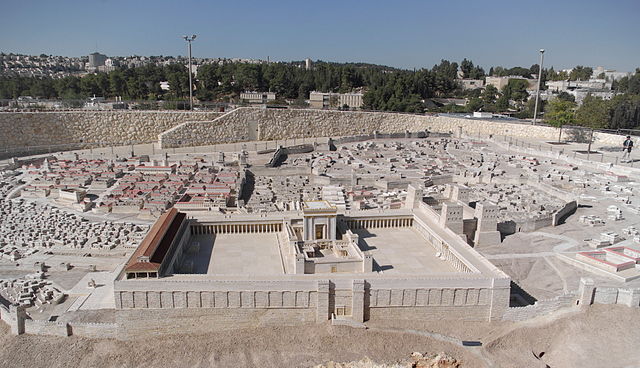Occupied Palestine Resolution
The Occupied Palestine Resolution is the common name for Document 200 EX/25, passed on October 13, 2016, and formally ratified on October 26, 2016, as a decision of the executive board of UNESCO. The resolution is a formal condemnation of Israel, referred to throughout as "the occupying Power", for allowing alleged aggression against the Palestinian people, as well as past failures to protect exclusive Muslim use of the Abrahamic holy site the Temple Mount and infrastructure work in East Jerusalem. The resolution was intended to be put to vote in Turkey in June 2016, but the 2016 Atatürk Airport attack forced UNESCO to postpone the vote until their planned reconvening in Paris during October. The extended period of time allowed the release of the news that such a resolution was to be put into vote, and Israel expressed its outrage. The resolution was put forth by Algeria, Egypt, Lebanon, Morocco, Oman, Qatar and Sudan, and passed 24:6, with 28 abstentions. Ultimately the final count was 23:7. Those voting against included the US, Germany and Britain.

The Temple Mount complex
The Temple Mount, also known as Haram al-Sharif, al-Aqsa Mosque compound, or simply al-Aqsa, and sometimes as Jerusalem's holy esplanade, is a hill in the Old City of Jerusalem that has been venerated as a holy site for thousands of years, including in Judaism, Christianity and Islam.
Aerial view of Al-Aqsa, atop the Temple Mount
The Holyland Model of Jerusalem depicts Jerusalem during the late Second Temple period. The Temple Mount and Herod's Temple are shown in the middle. View from the east.
Picture showing what is presumed to be the Foundation Stone, or a large part of it
c.300,000 Muslims praying at Ramadan, 1996




